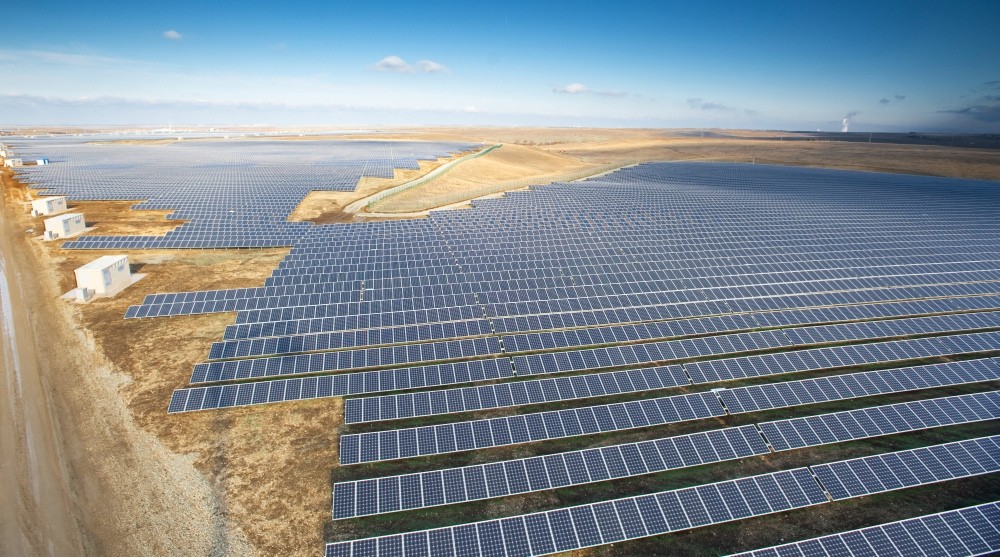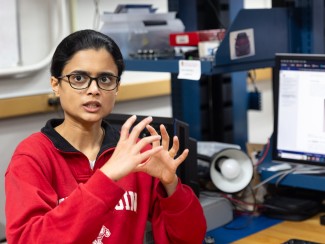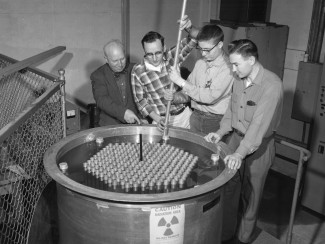Latest Nelson Issue Brief focuses on the benefits, barriers, and considerations of adopting alternative energy sources.

Research points to environmental, economic, social, and health benefits of shifting energy systems from fossil fuels to low-carbon sources including solar, wind, hydro, nuclear, and biofuels.
But the path to widespread adoption of alternative energy isn’t without challenges. We need vast mineral resources, answers to tough land-use questions, and solutions to creating better energy facilities and storage systems.
A new issue brief from the University of Wisconsin–Madison’s Nelson Institute for Environmental Studies highlights recent research on the energy transition in Wisconsin and beyond.
The Nelson Institute Issue Brief is a quarterly publication that shares new research from across campus on key issues of environmental concern.
In this issue, scholars affiliated with the university’s Energy Analysis and Policy (EAP) program outline research on the use of satellite data to support energy applications, community engagement, economic and health benefits of decarbonization, and a new framework for understanding the benefits of solar energy.
Among the findings:
-
Modeling shows it’s technically feasible to completely decarbonize Wisconsin’s electricity grid at a cost only about 5% more than business as usual. Doing so would result in health benefits – including fewer nonfatal heart attacks and days when it’s too hot for normal activities – worth an estimated $243 million per year.
-
Researchers with the Energy Analysis and Policy program are working to integrate satellite data into energy applications, such as planning, siting, and operation of renewable energy. The EAP program hosted a series of workshops over the past two years to bring together researchers, industry, policymakers, and community groups in an effort to identify barriers and opportunities for using satellite data.
-
A series of workshops found wide support for clean energy technologies among Wisconsin residents coupled with concerns about resource availability and political barriers. The results showed that community-engaged partnerships can help local communities make informed decisions.
-
Researchers identified a holistic framework for evaluating the benefits of utility-scale solar energy projects, a key piece of the clean energy transition.





